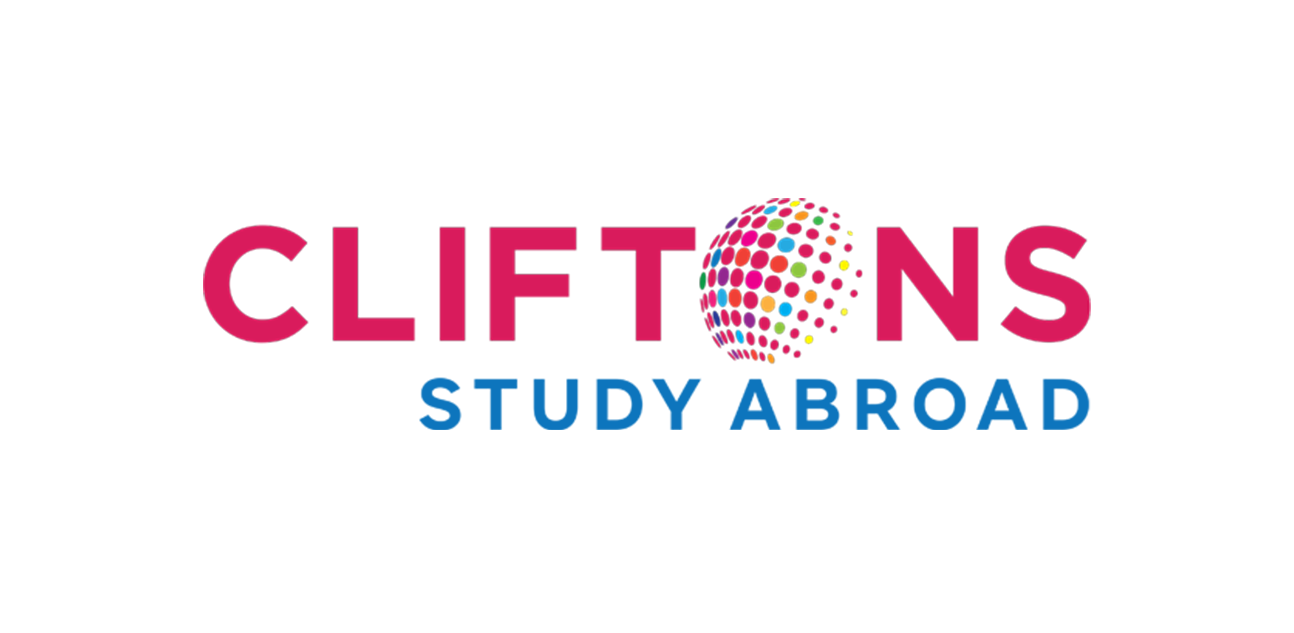Choosing the right course of study at university is one of the most significant decisions a student will make. It sets the foundation for their career path and advancement options in the long run. While great choices deliver fulfilment and opportunities, wrong selections can lead to disinterest, lack of focus or inability to find suitable roles after graduation.
This article delves into the importance of strategically selecting courses aligned with personal abilities and passions. It discusses factors to consider regarding prospects, workload manageability and interest levels for maximizing success. Detailed guidance is provided on effective research methods, correlating choices with career goals and available specializations to make well-informed choices.
Choose Your Favourite Study Abroad Destination
| UK | Australia | France | Germany | Ireland |
Know Yourself and Your Interests
Self-awareness forms the base for deciding majors. Think about subjects sparking your natural curiosity and which ones came easy versus tough in school. Explore talents, personality types and values defining your strengths and preferences for theoretical versus practical fields.
Consider job functions inspiring you through interactions with friends/family in diverse roles. Notice fields continually capturing your attention through hobbies, books or topics debated. Reflect on subjects significantly helping people, and the environment or making lives easier through innovations as motivators.
Identifying domains fitting your profile prevents later disinterest or doubts over career prospects. Example: Creative personalities thrive in arts/design versus rigorous science programs. Working backwards from interests guides viable options.
Research Career Prospects Thoroughly
Do not pick courses solely on perceived interests before assessing future outlooks. Research employment forecasts, growth projections, typical roles and earning potentials for majors intriguing you online through university hubs, job boards and professional organizations.
Find program-specific data on career sites, industry forums and advisory reports by national agencies like labour departments. Consider demand trends from technology advances, societal needs, outsourcing impacts and emerging sectors.
Example: While fine arts attract creative types, career opportunities are limited versus computer science with huge demands despite requiring a logical bent. Know work realities awaiting different qualifications to align choices suitably. Thorough career due diligence aids informed selection.
Match Courses to Optimal Career Goals
Relating selections explicitly to professional ambitions provides much-needed context and direction. What industries or functions do you picture excelling in long-term – finance, healthcare, technology, education etc.?
Identify majors equipping strong qualifications for target career paths. Example: Majoring in accounting prepares for Chartered Accountant roles in finance. A biomedical science degree sets the foundations for jobs in medical research organizations.
Additionally, consider options to specialize further like computer engineering with niche programming or business administration focusing on supply chain management based on particular interests. Such specialization increases expertise and hireability.
Target designations directly answering future aspirations improve the relevance of education investments and the likelihood of achieving planned outcomes. Appropriate course-goal matching lays the optimal groundwork.
Evaluate Interest-Workload Balance
Passion and academic strength must be balanced with the ability to handle designated workloads. Some majors entail tremendous theory while others involve extensive lab/field components requiring physical or mental rigor.
Assess recommended course loads, expectations of commitment to independent study and group assignments typical of majors stimulating you through syllabi and upperclassmen feedback.
Example: Double majors involving science and arts may prove too taxing unless exceptional time managers. Nursing necessitates attention to complex medical concepts leaving little room for other distractions.
Optimal choices allow for maintaining required GPAs and extracurriculars for well-rounded profiles without burnout. Be realistic about your work ethic, support system and other priorities in this regard. Right fit supports achieving set standards consistently.
Consider Specializations Available
Many majors offer elective scope to gain cross-disciplinary expertise, further focus or acquire additional certifications aligned with transferable career interests.
Study options via minors, combined degrees, and certificate programs supplement base qualifications profitably. For example, an Economics major can attain an Accounting minor benefiting finance goals. Environmental science undergraduates may choose to specialize in Wildlife Resources.
Likewise, Education can be paired with an English minor. Nursing may add public health certification for community careers. Explore requirements early to plan optimal specialization and credit-fulfilling paths addressing emerging interests over time.
Targeted specialization creates multi-skilled, competitive personalities equipped to progress in changing job climates through continuous learning recommended for long-term advantages.
Scan Program Reputations Thoroughly
Not all universities offer identical standards, resources, co-curricular opportunities or career support for preferred majors. Research multiple top institutions publicly listing learning outcomes, placement rates, faculty credentials and reviews on reliable platforms like Niche.
Notice the availability of industry mentorship, internships, research and leadership experiences recommended for majors boosting workplace adaptability. Check the quality of facilities, funding for projects and exchange programs if international exposure interests you.
Contact graduates and advisory boards to understand career prep realities of alternatives shortlisted to weigh trade-offs on academics versus activities based on priorities. Have realistic expectations matching the competitiveness of selective programs. Institutional prestige impacts prospects.
Evaluate delivery formats if considering online/hybrid modes suited to lifestyles versus purely residency options. Rigorous due diligence widens informed options at reputed universities significantly influencing skill development.
Consult Professionals and Seniors
Neutral career advisors, professors, mentors and seniors provide invaluable guidance in understanding lesser-known factors important to consider based on years of exposure.
Listen to their take on promising versus saturated disciplines, flexibility and transferable skill sets of majors along with changing hiring demands and futureproofing capabilities. Identify nuances regarding work competitiveness and higher degree requirements for subject progressions.
Example: Seeking guidance from accounting/finance seniors clarifies distinctions driving job functions despite superficial similarities of titles to avoid post-grad surprises.
Objective perspectives shed light on subjective choices to identify the most realistic and versatile options for envisioned career and personality fit eliminating unfounded biases and narrowing choices unfairly. Relying on experienced inputs ensures comprehensive decision-making.
How a Study Abroad Counselor Can Help You Achieve Your Educational Goals…
Consider Alternatives at the Certificate Level
For undecided candidates, certificate programs present low commitment exploratory avenues to test interests across allied fields risk-free without full bachelor’s commitments.
Examples include pursuing post-graduate certifications like Project Management, Medical Coding and Analytics to assess career potentials without sacrifices while keeping options open. Pursue multiple level-1 certificates around interests which may lead to majors or career shifts based on hands-on learning.
Additionally, community colleges offer associate degrees and credit transfers into bachelor’s providing affordable initial exposure and pathways for transfer into reputed universities later. Flexibility helps committed decisions based on substantiated interests versus assumptions preventing hasty or broad choices.
Conclusion
Choosing a major suited to academic abilities, professional goals and personal development supports achieving education and career ambitions fruitfully. While the process demands extensive research and inputs, focusing on true motivations, long-term fit factors and thorough due diligence significantly increases the likelihood of optimal choices and outcomes. Strategic selection lays the foundations for opportunities, advancement and fulfilment in future roles.
Here are 5 Tips to Succeed and Enjoy Your Study Abroad Journey…
Our Branches
| Study Abroad Consultancy in Kochi | Study Abroad Consultancy in Trivandrum | Study Abroad Consultancy in Kottayam | Study Abroad Consultancy in Kozhikode |


